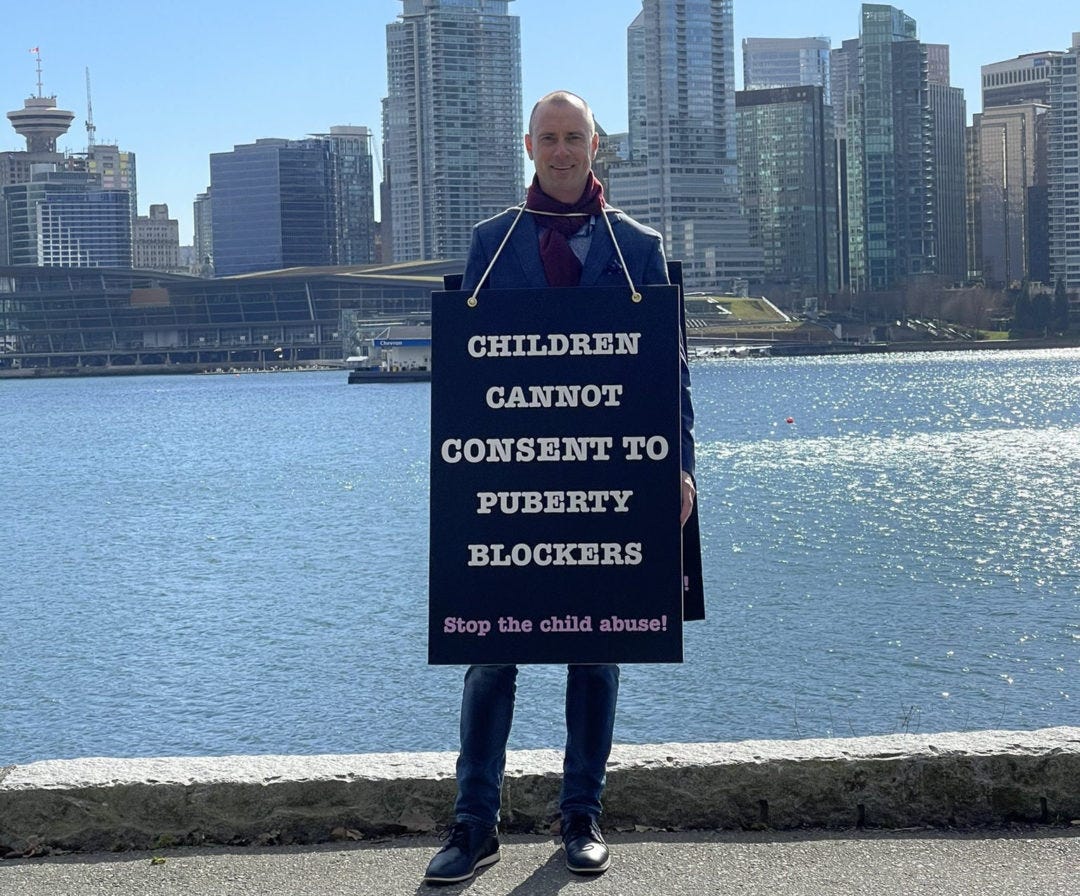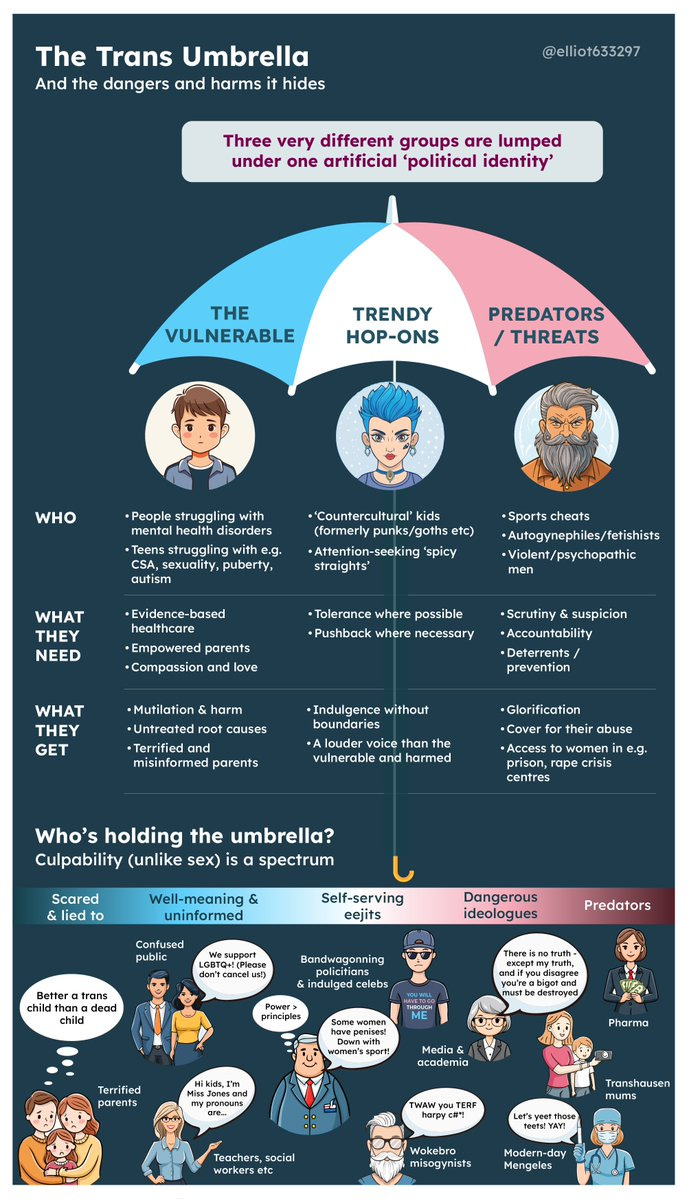Check it out!
Further evidence that libraries have abrogated their responsibility to protect the innocence of children was provided by this story of a library visit from a supporter:
In the children's section my child came across Zo Zo Zombie by Yasunari Nagatoshi and selected several books to take home. As this is a public library with a specific section for children I wrongly assumed these books would be age appropriate or at the very least would have a warning label if there was inappropriate content. Upon arriving home my son made a comment about some of the graphics. I looked at the page he was reading and was incredibly disturbed at what I saw, it is sadistic. The graphics show genitals being stretched, tugged or bitten and screws and corks being inserted into the rectum. How is this possibly appropriate for children? I have since searched age ratings online where these books are sold and found them to be 13+, yet there was no mention of this in the Children's Library.
Our apologies for these images from the offending series:
Our supporter made a written complaint to the library and, pleasingly, received a positive response. The library apologised and has moved the books to the adult section.
In answer to the question of how this series was selected, the library said, “We outsource our book selection to Wheeler’s who choose items for our adult, young adult, and children’s collections. This is common in New Zealand as many public and school libraries use Wheeler’s to select, process and classify items. You can see more about this Library Choice selection on their website. Due to the number of items we receive, our staff do not have the time to check the appropriateness. Wheeler’s are generally very good at the classification process but I agree that they have not made a suitable choice in this instance. I will be letting them know that these comics are not suitable for a children’s library and you are welcome to contact them to discuss their criteria for selecting items.”
What you can do
Check your local and school library to see if this series is in the collection.
While you’re there, flick through the other graphic novels in the children’s section, looking for similar unsuitable content.
Also check whether the library has “Welcome to Sex” by Dr Melissa Yang and Yumi Styles. A review of this sexually explicit book is in our July 2023 newsletter. https://resistgendereducation.substack.com/p/july-2023
If you find these books in the children’s section, ask for them to be moved to the adult section. (Asking libraries to remove the books altogether goes against their principles.)
Write to Wheelers to complain: https://libraries.wheelers.co.nz/contact/
Write about your concerns to LIANZA - the Library and Information Association of Aotearoa NZ: angela@lianza.org.nz (Angela Cairncross, Communications Advisor)
It appears libraries and the Chief Censor (info@classificationoffice.govt.nz) need reminding that it is an offence under Part 7, Section 124A of the Crimes Act 1961 to expose a person under the age of 16 to indecent materials.
Children of transitioners
In this article from Transgender Trend, Emma Thomas, who founded the support group Children of Transitioners, discusses the impact on children when parents adopt an opposite sex identity.
Emma says, “Our members are currently all adult women with fathers who began to identify as transgender after getting married and having children. Over time, we expect to see children of women who have transitioned join us, but currently most of this cohort are very young.”
Further insights from this article:
We are hampered by a prevailing ethos that refuses to acknowledge that men who cross dress can be as abusive as men who do not, and a belief that as these men are now women, they will have the same offending profile as women. Sadly, it is a fact that cross dressing can be part of a pattern of sexual offending in some men – as some of our members have experienced.
It is also worth considering that well-intentioned adults in schools can become proxies for coercive control at home by enforcing pronoun use or expecting the child to be a ‘trans ally’. The European Court of Human Rights and the UK Supreme Court have both ruled that it violates a child’s human rights and wellbeing to deny their right to correctly name their parents as mother and father. We would like this to be part of schools’ guidance also, that a school must not pressure any child to lie about who their mother and father are.
We are concerned that schools’ unquestioning celebration of ‘Pride’ and all things trans-related is harmful and distressing to children of trans parents who may be facing considerable challenges at home. We need schools to be a safe place from any ideology. The ‘Pride’ lanyards and posters can feel like an extension of coercion. Teachers reinforcing the ‘transwomen are women’ or ‘you can be born in the wrong body’ narratives destabilise trust in the school, and reinforce the idea that there is no authority you can turn to if your trans parent is abusive.
A failure to tell the truth has left children vulnerable to grooming. Falsifying, lying or pretending that males are really females (such as schools using the slogan ‘Transwomen are women’ or ‘Miss’ for male teachers) is a safeguarding issue and increases the risk of abuse to girls.
“It is essential for schools to be objective, non-judgemental spaces. Schools must aim to be a source of unbiased support for children.”
Emma Thomas, Children of Transitioners
Billboard Chris at Genspect, Lisbon
In conversation with Stella O’Malley and Sasha Ayad, Billboard Chris describes what led him to become a human billboard and gives some excellent tips on how to engage in honest conversations about gender ideology. Highly recommended viewing, especially from 8.35 to 17.50.
“Educate little bits at a time. Just stick to the basics and the average person’s going to get it and they’re going to be horrified.
For the people who are aggressive or on the fence, with them there’s a very simple tactic - say things they agree with… So I’ll say, ‘Look, first of all I think there is no right or wrong way of being a girl or a boy. If a girl is more masculine, if a boy’s more effeminate, beautiful, what’s wrong with that?’ And then pause… What are they going to say now? They’re mad because they thought you were a terrible, evil bigot and now you’ve just said something they can’t help but agree with and it causes this moment of cognitive dissonance…
Ask them questions… They don’t allow themselves to examine their doubts. But by asking questions: ‘What does it mean for a girl to be a boy?’ Don’t try to debate them, just ask them these questions and wait for the answer… They’re going to go home and they’re going to have to think about these things because ultimately this is all about stereotypes… They have a blindspot where they don’t see that they’re pushing stereotypes to such a degree that they now think we need to change children’s bodies to match these regressive sexist stereotypes.”
Billboard Chris
Eyes on USA
An appeal to the Supreme Court against the state of Tenessee’s law that prohibits “gender affirming” medicine for minors is due to begin hearings on 4 December. The state of Alabama’s Attorney-General, Steve Marshall, has submitted a brief as a ‘friend of the court’, based on Genevieve Gluck’s exposé of WPATH (the World Professional Assocation for Transgender Health), that was published in Reduxx magazine in May 2022. The brief highlights the extremist recommendations of WPATH, including its assertion that seeking castration to become a eunuch is a valid “gender identity” that should be honoured.
The Attorneys-General of twenty states have also sent a letter to the American Academy of Pediatrics (AAP) which has been at the forefront of legitimising invasive gender treatments for minors. The letter asks the AAP to substantiate its claims that puberty blockers are reversible and to provide information on its communications surrounding its gender medicine guidance. The Attorneys-General warn the medical association that its statements supporting gender medical interventions for children are “deceptive” and may violate states’ consumer protection laws.
Stop the Harm database
Using medical insurance data, the Stop the Harm database catalogues sex change treatments performed on minors throughout healthcare facilities in the United States. The purpose of the project is to inform the public and shed light on the prevalence of these practices, with the goal of encoraging positive change to protect children.
Evidence supressed
The New York Times reports that Dr Johanna Olson-Kennedy, the director of the Los Angeles’ Center for Transyouth Health and Development, has not published a long-running study of puberty-blockers because of the “charged American political environment.”
The study began in 2015 and followed 95 children whose average age was 11. Dr Olson-Kennedy expected that the study would show “decreased symptoms of depression, anxiety, trauma symptoms, self-injury, and suicidality, and increased body esteem and quality of life over time.” However, the study has shown no improvement in the participants’ mental health and, in contradiction to earlier statements, Olson-Kennedy attributes the null effect to, “most likely because the children were already doing well when the study began.” She says she has not published the results because she fears they might “fuel the kind of political attacks that have led to bans of the youth gender treatments in more than 20 states.”
Dr Olson-Kennedy is a vocal advocate for gender treatments for even very young children and is infamous for advising teenage girls that, if they ever regret having their breasts removed, “Here’s the other thing about chest surgery. If you want breasts at a later point in your life, you can go and get them!”
Mermaids ordered to heed Cass
The long-running inquiry that began in 2022 into the practices of the transactivist UK charity, Mermaids, has reached its conclusion, to a mixed response. Questions are being asked about why the Commission has not upheld complaints that Mermaids had inappropriate ties with the Tavistock gender clinic and provided medical advice outside its charitable purpose.JK Rowling said in response to the report that she believed Mermaids to be “one of the most dangerous organisations ever to receive celebrity, corporate and government backing”.
Despite not upholding the misconduct complaints, the Commission did reprimand the charity for its poor oversight when appointing trustees, saying Mermaids should "never have appointed" a trustee who had attended a conference in 2011 organised by a body that called for paedophiles to have the right to live in "truth and dignity". (That trustee, Jacob Breslow, resigned in 2022 shortly after his attendance at the conference became public knowledge.)
In addition, the inquiry highlighted concerns about Mermaids’ practice of providing chest binders by mail, sometimes without parental knowldege. The Commission said that “the supply of binders by a charity brings with it the authority of the charity’s approval, which may be of influence on children and their families.” Mermaids stopped providing this service in 2022 after a public backlash and the Commission has issued regulatory advice that, should it ever resume this service, its future policy and controls should reflect the Cass Review, or any future NHS guidelines on parental involvement.
The chairperson of the Commission concluded, “We have required Mermaids to present a more accurate picture on its website as to the risks involved in the use of puberty blockers, and to follow Cass Review findings on the involvement of parents in social transitioning as regards any future provision of chest binders to children.”
The poster that sums it up
Elliot Ranch (@elliot633297) on X on 3 October: “After many years of nonsensical definitions, circular arguments and moving goalposts, it's obvious that The Trans Umbrella is broad and ill-defined, that it's meaningless... and harmful.”










The illustrated charts, with their straightforward definitions of the players involved, are brilliant. Well done!
With regard to the book "Welcome to Sex", the Clsasification Office in their summary said: "g) The law does not allow Te Mana Whakaatu to direct that unrestricted books are labelled, such as occurs with films. If the law allowed, Te Mana Whakaatu would have labelled this book M . The M label would indicate that the book would be suitable for those 16 years and older but does not impose a legal restriction. Parents make choices about allowing their children much younger than 16 years to consume M-rated media.
h) Te Mana Whakaatu will send this decision to the representative bodies of libraries and booksellers with the invitation that they may make use of this classification to determine where and how they make this book available for readers."